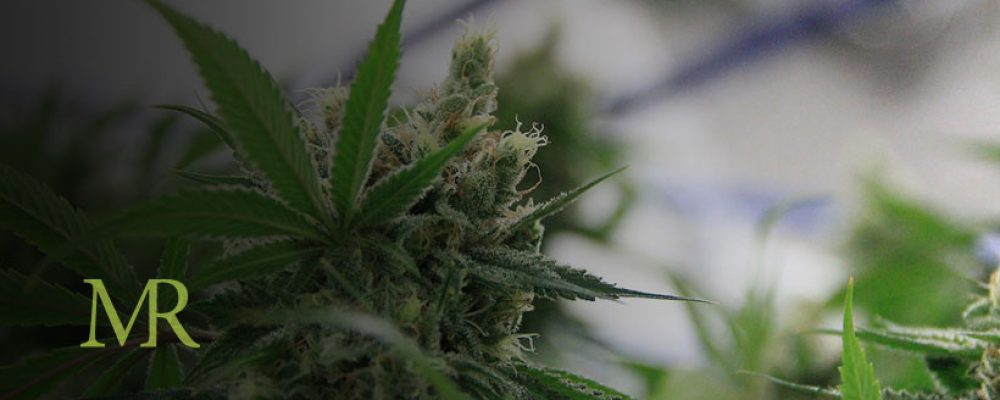It’s official — California Governor Gavin Newsom signed a bill that makes medical marijuana donations tax-exempt to terminally ill individuals in the state.
Thanks to the Brownie Mary and Dennis Peron Act, aka Senate Bill 34, which emerged during the beginning of California’s legal adult-use market, starting March 1, 2020, state analysts estimate that up to $53 million in compassionate medical cannabis donations could go to needy people annually. The act was named in honor of two medical cannabis activists, who were known around the world for their civil disobedience, giving medical marijuana to ill people in the early 1980’s.
But who are these needy people, and how do you know if you qualify? For one, starting in 2020, homeless patients don’t have to have state-issued medical cannabis identification cards to utilize the provisions in SB 34. This requirement was eliminated to reduce cost barriers to access. And it’s not like random people can walk into a store and demand a compassionate care donation, either. Compassion criteria vary from store to store, but most programs require something along the lines of a doctor’s note or proof of disability.
SB 34 has essentially re-coded the state’s licensed track-and-trace systems, and the bill comes with $375,000 in state software upgrades that create an individual tax-free “compassion class” for cannabis in the legal marketplace. Other benefits from the farm side of things? The new law exempts growers from cultivation taxes — we’re talking $9.25 per ounce — on any cannabis donated to patients in need. The perks from the retail side mean exemptions from the state’s 15% excise tax.
It wasn’t too long ago that one could freely gift medical cannabis to patients in need, but under Proposition 64, there’s no right way to go about doing that. The measure ended collectives on January 1, 2019. While adults over the age of 21 can legally give each other gifts of cannabis up to one ounce at a time, state-licensed medical and adult-use stores could not — it was seen as illegal promotion, and growers and store owners could lose their licenses if they didn’t comply.
Regulators estimate that SB 34 could cost the state of California $7.9 million in lost excise taxes, and figures assume that both farmers and retailers would typically give away cannabis that they paid taxes on — which is on par with paying the state to make a charitable donation. Compassion groups like Sweetleaf Collective, and veteran’s groups (including Weed for Warriors), were influential in getting SB 34 passed.
The emerging California cannabis industry means that many farmers have had to take losses on capital expenditures and to license fees over the past two years. And that’s just the start; auxiliary fees add up quickly. Steep testing costs and high taxes can easily double the retail price of licensed recreational cannabis, making black market weed a more attractive option for those on a budget.
Right now, it is estimated that only 40 or so compassion programs in the state are trying to source free cannabis for up to 10,000 individuals with AIDS or cancer. That’s a monumental task and one in the making since 1996. That year, proposition 215 created a medical defense against marijuana prosecution for seriously ill patients and their caregivers. Lawmakers expanded the protection to include collectives, which became known as dispensaries. That started the landscape that you see today.
Patients are already gearing up to return to Sacramento in 2020, with the hopes of opening the provisions of SB 34 further, to allow cannabis manufacturers to donate tax-free products (edibles, topicals, distillates) to sick patients in need.


